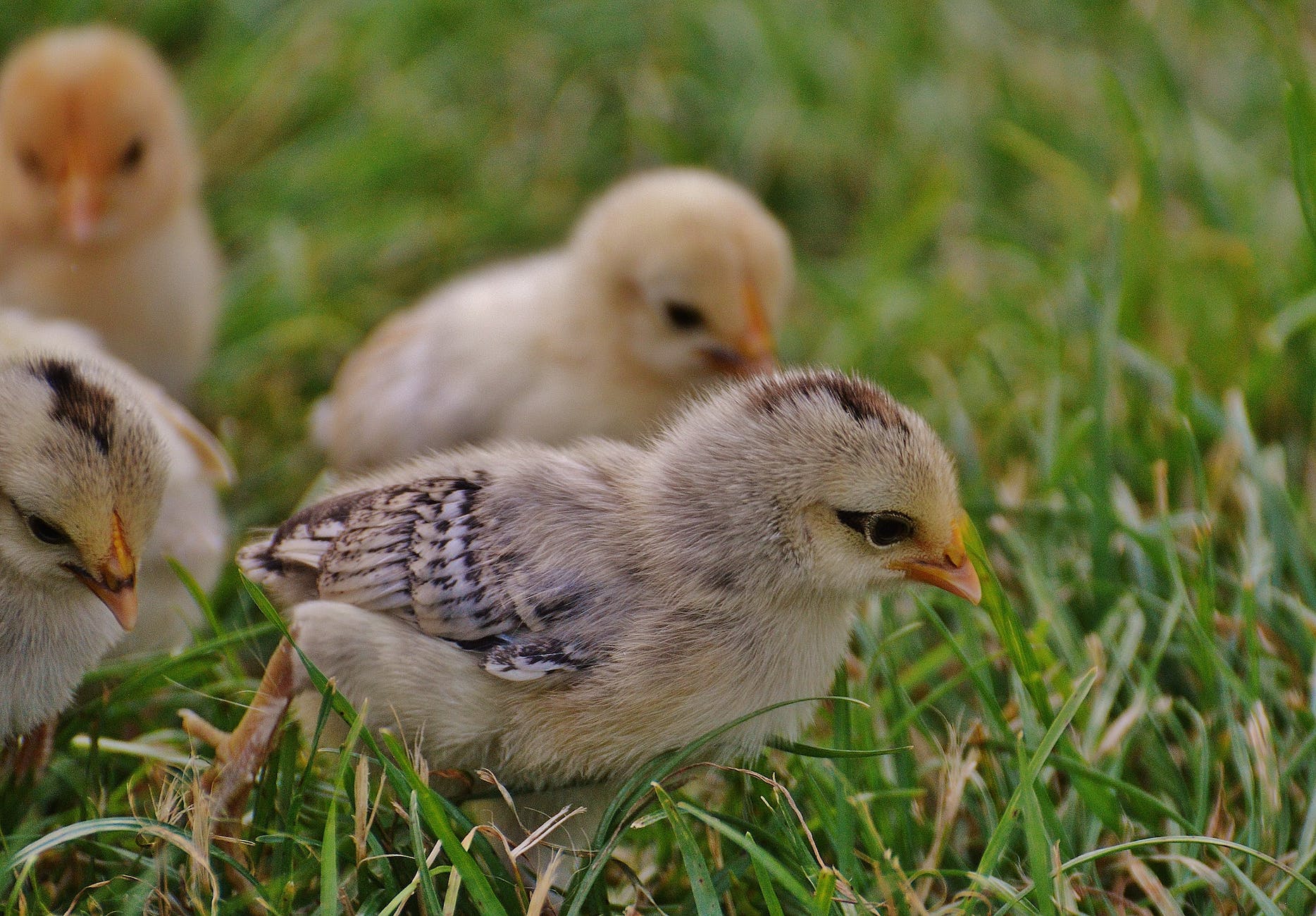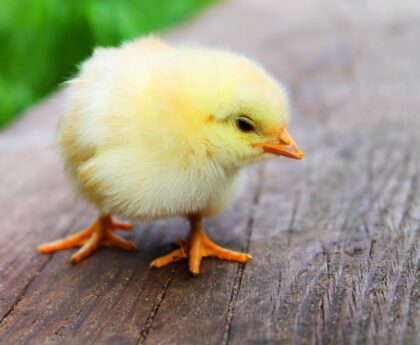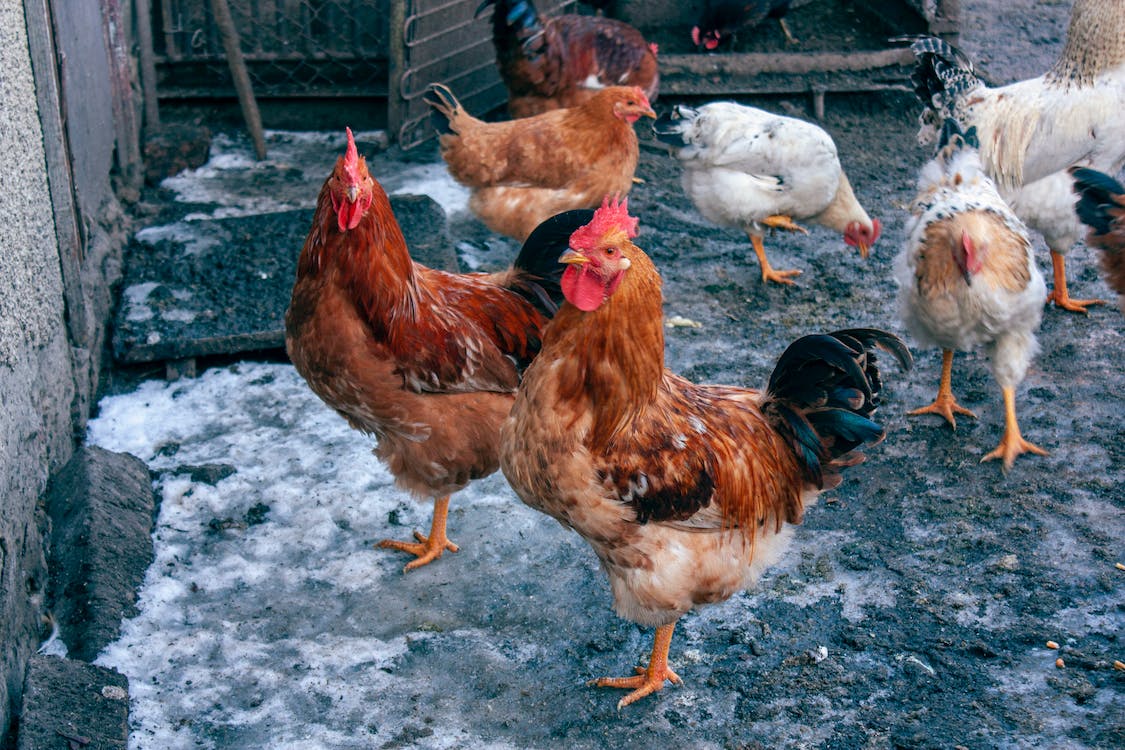This is not all inclusive but should help get the juices flowing to new poultry owners.
This is a must-have for chicken owners to keep your chickens safe from predators:
Keeping Chickens Safe
Many people are thinking about getting chickens now that the prices of eggs are up and maybe the amount seem less when we go shopping. This installment is about keeping chickens safe in your yard or pasture. And it won’t be long before we hear that sweet peeping noise at our local TSC or Rural King.
Thinking about the cost of chickens vs the cost of eggs, it’s still cheaper to buy the eggs at the store. That’s just the way it maths. Now, there are some ways to save money in feeding your chickens by feeding kitchen scraps, and there are ways you can use scrap and discarded items to make your chicken’s coop, but that is going to take time and energy and you have to evaluate if that is worth it.
You do need to make sure they get their protein and enough carbs for energy. You need to be sure the scrap supplies you use include items to keep the predators from your chickens.

Making your coop predator proof is the most difficult and sometimes ongoing task you will have. I live in a place where there are coyotes baying at the moon nightly. We also have stray dog problems, opossums, skunks, foxes, hawks, and raccoon. These creators want so badly to eat and are persistent and cunning.
We need to protect our chickens from above and ground level.
I have chickens in my back yard and in my paddock. The one’s in the paddock need to be kept in a secure coop or they will be picked off by predators. The one’s in the backyard stay close to the house and we don’t have so much of an issue – yet. And I say yet, because eventually it will happen.
Since my lab died, we have heard the predators coming closer. He used the dog door and was good about guarding when he was able. I am tempted to get a livestock dog, but honestly, I don’t want to be bothered with the training. An LGD works best when started housed inside at first to get the best recall possible. They also can’t be trusted for a few years around birds (depending on the dog). And they are known to roam-speaking mostly of Great Pyrenees I don’t want the hassle. I hate it when my goats or horses get out, even more when my dog does. Been there, done that.
I recommend that you use hardware cloth whenever possible, since it’s a great deterrent to all predators. I also recommend burying it, or at least laying it a foot on the ground under dirt or rock to deter them digging into the coop. Chicken wire is floppy and easily breached. For upper threats it usually works just fine.
To keep the hawks at bay, definitely start with having a protective rooster if possible. But, wait, there’s more. You need to have chicken wire or at least a covering of your chicken run to protect them where the risk of hawks is greater. Having black chickens that look like crows also helps, since hawks don’t like to mess with them.
All this to say, you need do your due diligence. There is nothing worse than going out to your coop, not finding your chickens and seeing the massacre or be left wondering what happened to your precious ladies and gentlemen.
I have always felt horrible for not keeping my chickens safe, after all, they are my responsibility to feed, water, and protect.
Good luck, and happy chickening!
Visit here for more tips.
This can help your chickens get exercise and still stay safe. Make sure you don’t overcrowd your run as it will cause unwanted chicken behavior such as pecking each other. Chickens are omnivores and will eat other chickens.





